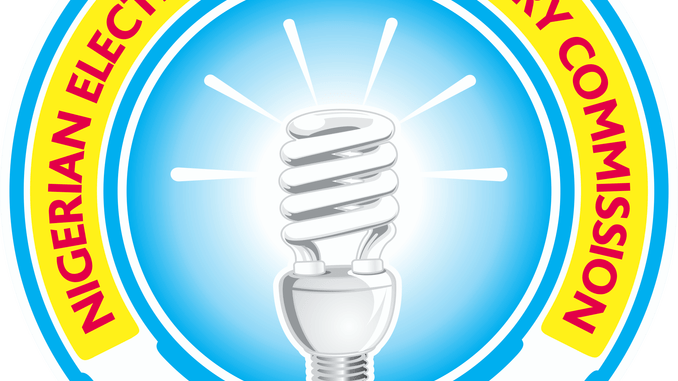The Federal Government has said its spending on electricity subsidies is projected to hit N2.4 trillion by the end of this year.
Nigerian Electricity Regulatory Commission (NERC)’s Commissioner of Planning, Research, and Strategy, Dr Yusuf Ali, disclosed this at the PwC’s Annual Power and Utilities Roundtable, themed ‘Reigniting Hope in Nigeria’s Electric Power Sector,’ in Lagos.
According to him, the subsidy had fluctuated due to foreign exchange challenges and tariff adjustments and “as of November, the subsidy amount stood at N1.9 trillion, but with current trends, the monthly subsidy for electricity is expected to reach N260 billion in December.”
He explained that the N2.4 trillion is an annual estimate that could adjust depending on the monthly cost-benefit tariff.
“Every month, we calculate the difference between the cost-reflective tariff and the approved tariff to determine the subsidy,” Ali added.
He further stated that the government is expected to finalise the total subsidy figure by year-end based on actual consumption and tariff trends.
Minister of Power, Adebayo Adelabu, who was represented by the Chief Technical Adviser to the Minister, Adedayo Olowoniyi, said the ministry, in collaboration with PricewaterhouseCoopers, has developed a draft Integrated National Electricity Policy aimed at addressing critical challenges in Nigeria’s power sector.
Adelabu emphasised the importance of implementing cost-reflective tariffs to attract necessary investments and ensure the sector’s sustainability.
“We cannot dance around the fact that a market that does not create a line of sight of return for investors will not get investment,” Adelabu noted.
The minister further acknowledged the reluctance to adopt cost-reflective tariffs but argued that it is a necessary step for achieving 24-hour electricity and universal access.
He highlighted the administration’s efforts under the Renewed Hope Agenda, including the implementation of the Electricity Act of 2023 and the Presidential Power Initiative in partnership with Siemens.
The minister noted the challenges of vandalism, ageing infrastructure, and inefficiencies in the electricity value chain, which have hampered progress in the sector.
According to Adelabu, the Transmission Company of Nigeria spent nearly N10 billion in six months repairing vandalised towers.









